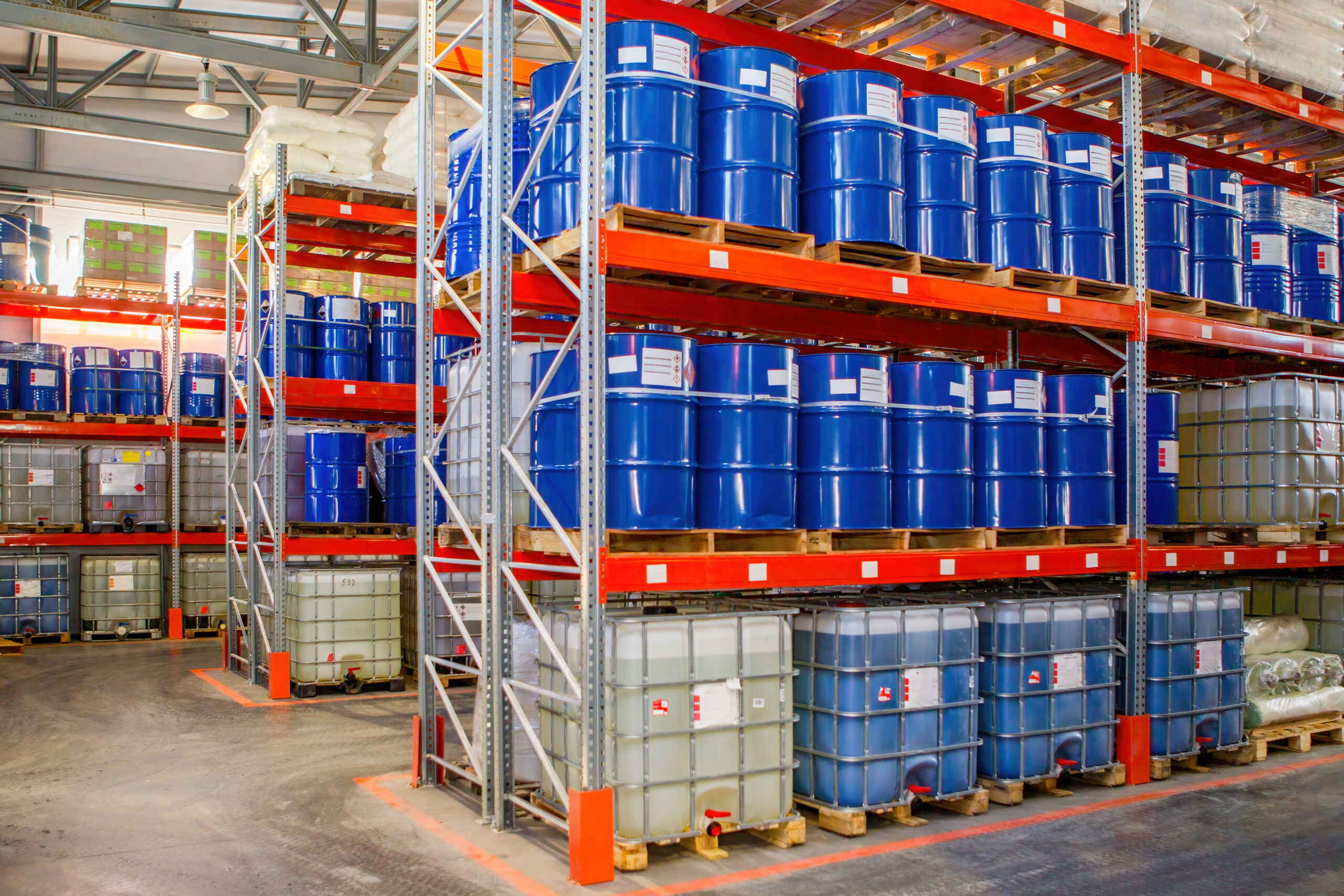Substance Volume Tracking Challenges & Solutions for the Chemical Industry
From safeguarding environmental and human health to optimizing operational efficiency throughout their manufacturing processes, complying with substance volume tracking (SVT) regulations is critical for chemical manufacturers and distributors to maintain transparency, minimize risks and uphold corporate responsibility in the global marketplace.
Common Challenges in SVT Compliance:
1. Data Management
Managing the volume data associated with these substances, including raw materials, intermediates, and polymers, presents significant data management challenges. Traditional methods such as manual record-keeping or spreadsheets are error-prone and insufficient for handling the sheer volume and complexity of data generated by the supply of chemicals and their manufacturing processes. As a result, manufacturers and importers struggle to maintain data accuracy, integrity, and accessibility, hindering effective decision-making and compliance efforts.
2. High Need of Resources
Establishing and maintaining comprehensive volume tracking systems demand substantial resources, both in terms of finances and expertise. Chemical manufacturers must invest more and more in additional personnel and training to develop and implement robust tracking mechanisms. Furthermore, ongoing monitoring, maintenance, and updates impose additional operational costs. For smaller manufacturers with limited budgets and resources, the financial burden of compliance can be particularly daunting, potentially impeding growth and competitiveness in the market.
3. Complexity of Supply Chain
Chemical manufacturing and import often involve complex supply chains with multiple suppliers, distributors, and subcontractors. Tracking substances across the supply chain, ensuring transparency, and verifying compliance at each stage pose challenges due to the diverse nature of supply chain partners, differing regulatory requirements and imbalance of information.
4. Global Market Obligations
Chemical manufacturers and distributors often operate in global markets, facing varying regulatory requirements and standards across different jurisdictions. Achieving harmonization and ensuring compliance with different regulatory frameworks while operating in multiple regions present challenges in SVT coordination, reporting, and alignment with international standards.
Lisam Supports Your SVT Compliance Strategy
As a leading provider of smart and practical chemical compliance solutions, Lisam develops comprehensive and advanced software to facilitate compliance with global chemical regulations such as REACH, UK REACH, K-REACH, KKDIK, TCCSCA, and more. Our solutions effectively streamline the monitoring and calculation of substance volumes from product compositions and trade activities, ensuring thorough regulatory compliance.
Efficient Substance Volume Tracking and Calculation
Lisam’s ExESS software provides unparalleled precision and ease in monitoring and calculating substance volumes. Here’s how:
1. Composition and Quantities
In ExESS, the SVT process begins with the input of product composition data, including chemical components and their respective quantities. This information is gathered based on the products traded in the assessed regulatory region. Exemptions applicable to specific substances and uses are recorded in the system, with some automatically identified, helping to streamline the tracking process.
2. Calculation of Base Components Volume
Once the product composition and quantities are inputted, ExESS calculates the volume of each base component of the product that falls within the scope of the regulatory registration process. This calculation takes into account any exemptions that may apply and considers coverage by third parties, ensuring accurate assessment of the substances subject to regulation.
3. Aggregation of Volumes
The calculated volumes of base components are then aggregated per base component, legal entity, and year. This aggregation process consolidates the individual volume data into comprehensive totals, allowing for a holistic view of substance volumes across different dimensions.
4. Comparison and Validation
The aggregated volumes are compared against the declared registration tonnage band or allowed volume threshold, which are also maintained within ExESS. This step ensures that the calculated volumes align with regulatory requirements and compliance thresholds. Any discrepancies between the calculated volumes and declared thresholds are flagged for further review and validation.
5. Reporting and Documentation
ExESS also provides capabilities to completely organize views with your SVT calculation results. Through export, these views constitute reporting and documentation of the SVT results, comprehensive reports detailing the calculated substance volumes, compliance status, any deviations from regulatory thresholds, and any other related data deemed useful. These reports serve as valuable documentation for regulatory submissions, internal audits, and compliance monitoring activities.
Other Key Features and Benefits of Our Substance Volume Tracking Solution
- Automated Calculations: our system simplifies the calculation process from product composition to regulatory thresholds, enhancing operational efficiency.
- Forecasting Capabilities: it enables organizations to foresee future volume-related obligations.
- ERP Integration: the solution eases data entry and calculations by seamlessly integrating with ERP systems.
- Flexible Calculations: it allows for customized calculations beyond regulatory demands, offering a more comprehensive analysis.
- Document Linking: it facilitates the straightforward association of documents with products or companies.
- One System: monitor all Volume Tracking regulations in 1 system with 1 shared database.
Lisam’s Substance Volume Tracking Solution empowers your compliance strategy, ensuring you remain at the forefront of the regulatory landscape. ExESS not only enables and guarantees compliance with substance volume tracking but also propels your sustainability goals forward, reinforcing your strategic stance in a complex and ever-evolving regulatory environment.
